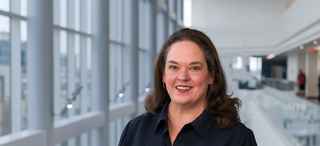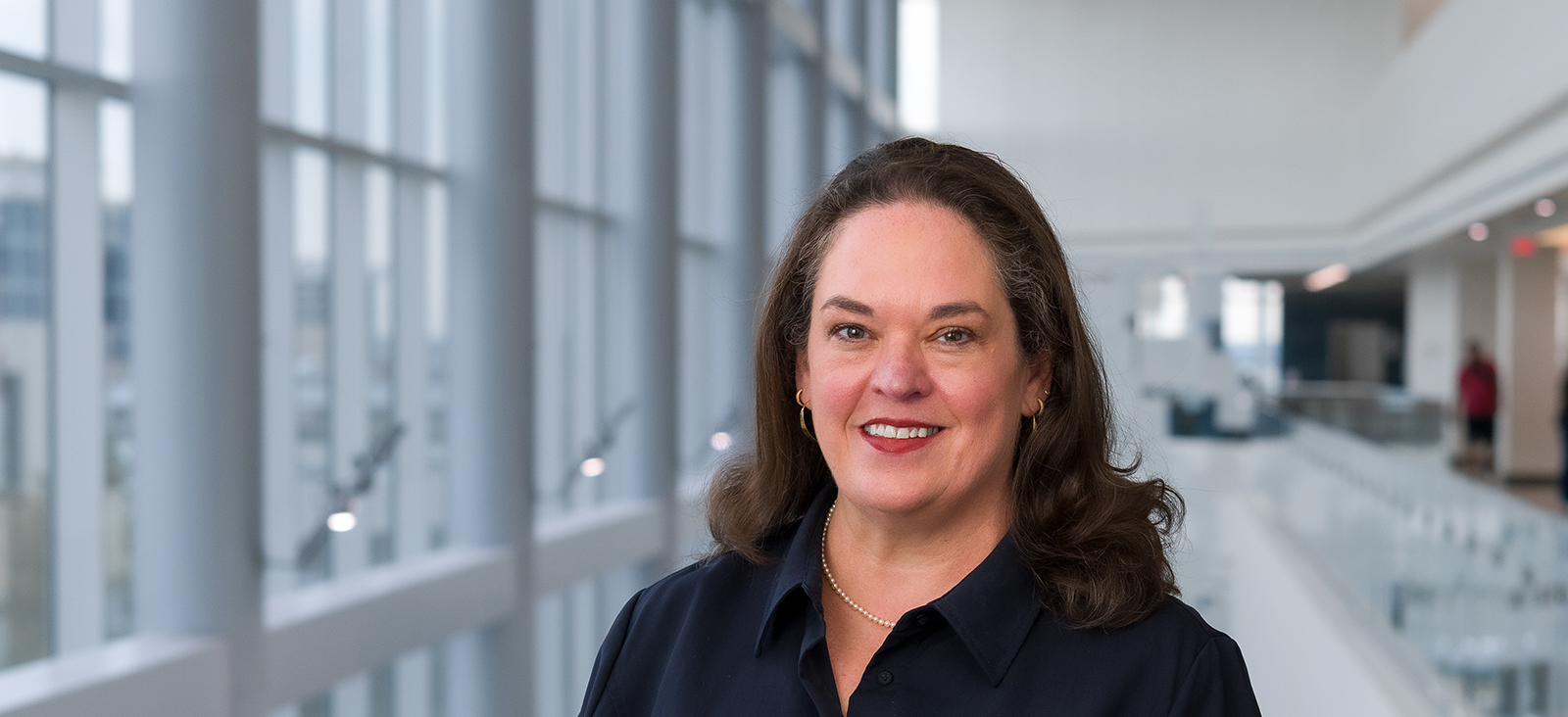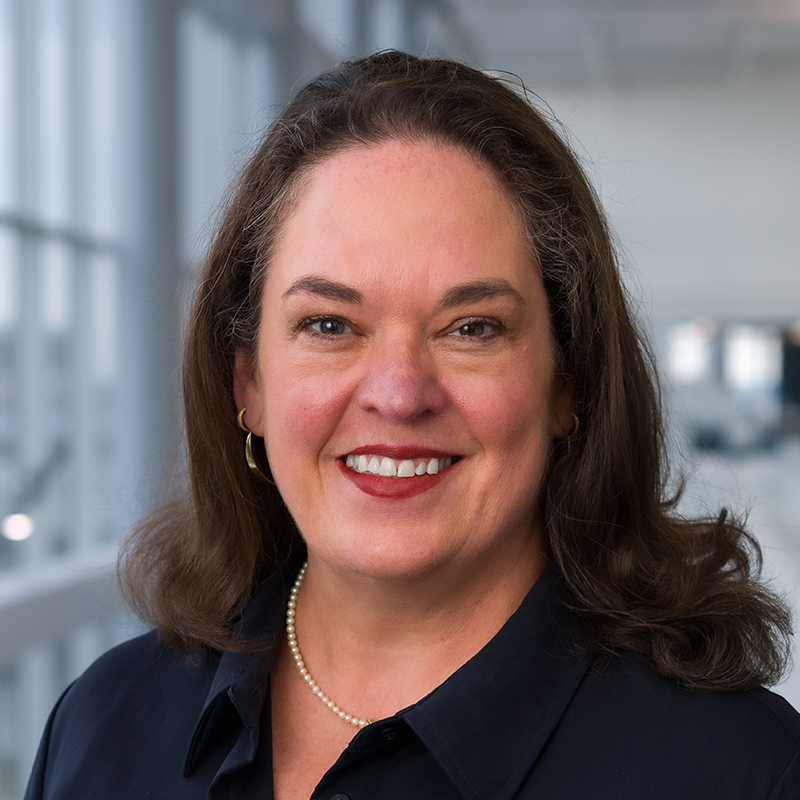NF2-related schwannomatosis: Supporting patients with rare hearing nerve tumors
November 18, 2025




Laura Klesse, M.D., Ph.D., is a Professor in the Department of Pediatrics at UT Southwestern Medical Center. She is a pediatric hematologist-oncologist specializing in neurofibromatosis, and is Co-director of UT Southwestern Medical Center's Neurofibromatosis Type 2 (NF2) program.
Dr. Klesse is a Dedman Family Scholar in Clinical Care and Director of the comprehensive neurofibromatosis program at Children’s Health.
After receiving her undergraduate degree with high honors in biological sciences at the University of Notre Dame, Dr. Klesse earned her medical degree and Ph.D. at UT Southwestern. For her Ph.D. and postdoctoral research fellowship, she studied in the laboratory of Luis Parada, Ph.D., a UT Southwestern faculty member and National Academy of Sciences Fellow who leads one of the foremost centers of research into cancers of the nervous system and their relation to genetic disease.
Dr. Klesse completed her residency in pediatrics at Children’s Medical Center and performed her fellowship in pediatric hematology-oncology at UT Southwestern.
In addition to her research on neurofibromatosis, she is involved with a number of drug development trials as well as studies focused on some of the psychosocial consequences that patients with neurofibromatosis sometimes experience, such as bullying.
Dr. Klesse is a member of the medical advisory board for the Texas Neurofibromatosis Foundation and for Neurofibromatosis Inc. Her professional memberships include the American Society for Pediatric Hematology/Oncology, the American Society for Clinical Oncology, the Society for Neuro-Oncology, and the Children’s Oncology Group.
Dr. Klesse was included in D Magazine's Best Doctors list for 2018 and 2022-2025 and its Best Pediatric Specialists list in 2015-2017 and 2020-2021.
She is married to neurosurgeon Kevin Morrill, M.D., and they have three children.
Pediatric hematologist-oncologist Laura Klesse, M.D., Ph.D., specializes in assessing and treating cancer predispositions. Her patients are born with a genetic change that puts them at risk for tumor and cancer development.
Dr. Klesse is one of the few neurofibromatosis specialists in the country. Neurofibromatosis, which causes tumors to form on nerve tissue, is the most common cancer predisposition syndrome in children, and managing this chronic disease requires continuity of care with a focus on screening and access to subspecialists.
Providing that care and focus is Dr. Klesse’s mission as Director of the UT Southwestern/Children’s Health neurofibromatosis program, the largest and most comprehensive program of its kind in North Texas.
Dr. Klesse treats children with neurofibromatosis and is also a key member of the pediatric neuro-oncology (brain tumor) team.
Children with neurofibromatosis often develop brain tumors. As a key member of the pediatric neuro-oncology team, Dr. Klesse is an expert at providing care for these patients. She also sees adults with a neurofibromatosis diagnosis and participates in their care if they develop a brain tumor. Because neurofibromatosis can be a familial disorder, many of her adult patients are parents of her pediatric patients.
With advanced training in developmental neurobiology focusing on neurofibromatosis, Dr. Klesse has a special interest in understanding how and why tumors develop so treatments can become more targeted.
“As we’ve learned more over the last 10 years about the signaling pathways that get disregulated in neurofibromatosis and in tumors, we now have some specific therapies that we can offer that are directed more toward the pathway that gets disregulated,” she says. “When I started, there were almost no clinical trials going on, and now we have a number that have shown promise in blocking those pathways.”
Dr. Klesse understands that science and education aren’t the only things that make a good doctor.
“So much of patient care is not just the medicine – it’s also about family support and helping people understand the plusses and minuses of treatments and screenings and all the things we have to do,” she says. “I’m here to support my patients and their families through their diagnoses and everything that follows.”
Results: 2 Locations